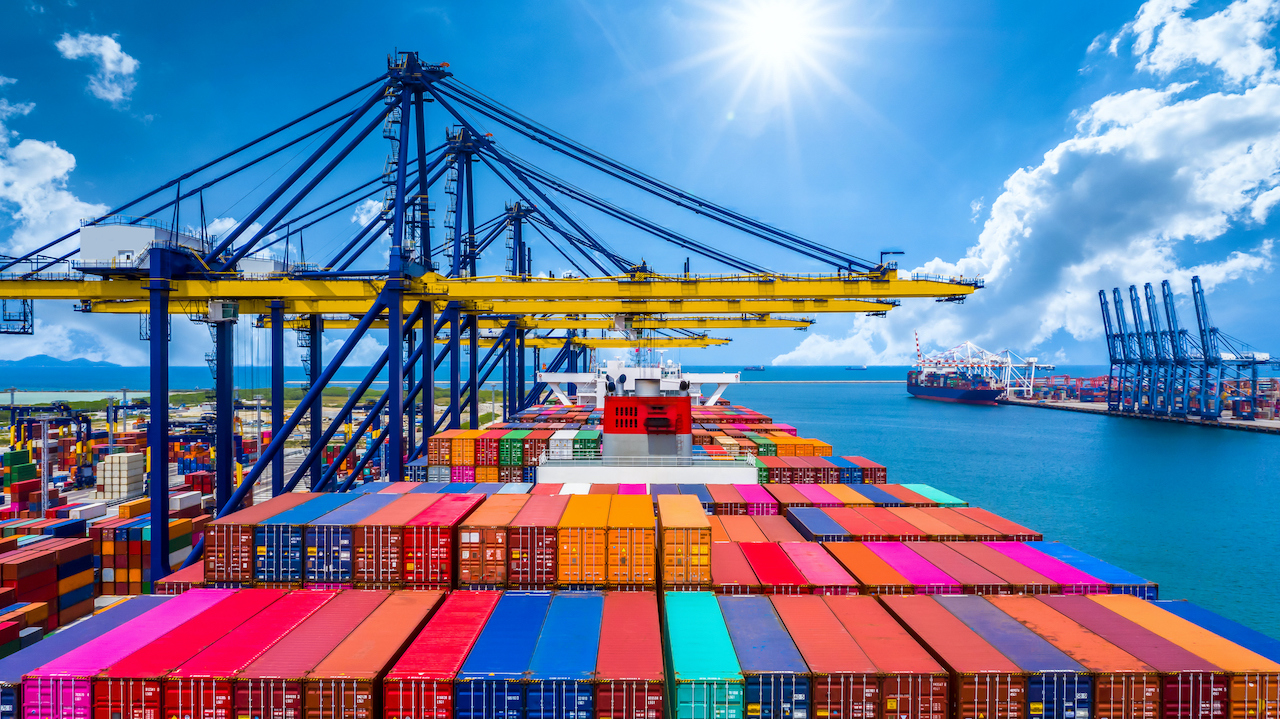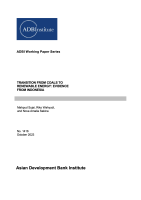
The deal will improve market access with tariffs and quotas eliminated in over 65% of goods traded. Photo credit: iStock/AvigatorPhotographer.
The deal covers a market of 2.2 billion people with a combined size of $26.2 trillion.
The Association of Southeast Asian Nations (ASEAN) signed on Sunday what is touted to be the biggest trade agreement in the world covering a market of 2.2 billion people with a combined size of $26.2 trillion, a deal seen vital to participating countries’ recovery from the coronavirus disease (COVID-19) pandemic.
Signatories to the Regional Comprehensive Economic Partnership (RCEP) Agreement also included Australia, the People’s Republic of China, the Republic of Korea, Japan, and New Zealand.
Together, the participating economies also account for 30% of the world’s gross domestic product and nearly 28% of global trade.
ASEAN ministers signed the deal on Sunday, with the leaders witnessing.
Coverage
The deal will improve market access with tariffs and quotas eliminated in over 65% of goods traded and make business predictable with common rules of origin and transparent regulations, upon entry into force. This will encourage firms to invest more in the region, including building supply chains and services, and to generate jobs.
The deal includes areas and disciplines that were not previously covered in existing free trade agreements between ASEAN and non-ASEAN countries participating in RCEP. Aside from the specific provisions that cover trade in goods and services and investment, RCEP also includes chapters on intellectual property, electronic commerce, competition, small- and medium-sized enterprises (SMEs), economic and technical cooperation, and government procurement.
In their joint statement, the leaders said the signing of the deal came at a time when the world is still grappling with the pandemic. “We acknowledge that the RCEP Agreement is critical for our region’s response to the COVID-19 pandemic and will play an important role in building the region’s resilience through inclusive and sustainable post-pandemic economic recovery process.”
The leaders noted the agreement is the most ambitious free trade agreement initiated by ASEAN, which contributes to enhancing ASEAN centrality in regional frameworks and strengthening ASEAN cooperation with regional partners.
“We are confident that the RCEP Agreement would open a vast range of opportunities for businesses located in the region especially in terms of market access given the level of liberalization for trade in goods and services and investment,” they said.
Ratification
Realizing the deal’s full potential can be only realized once it enters into force, the leaders tasked officials to expedite ratification procedures for each country. The deal comes into force when at least six ASEAN members and three non-ASEAN signatories deposit their instrument of ratification, acceptance or approval with the designated depositary authority.
The leaders also asked ministers to develop RCEP as a platform for dialogue and cooperation on trade and economic issues affecting the region.
While India did not sign the deal, the leaders welcomed the country to eventually join the agreement.
In a press statement, Dato Lim Jock Hoi, Secretary-General of ASEAN, welcomed the signing of the deal. “The signing of the RCEP Agreement is a historic event as it underpins ASEAN’s role in leading a multilateral trade agreement of this magnitude, despite global and regional challenges and 8 years of negotiations.”
“RCEP will give a much-needed boost for a swift and robust recovery for businesses and peoples in our region particularly during the current COVID-19 pandemic crisis,” he added.

